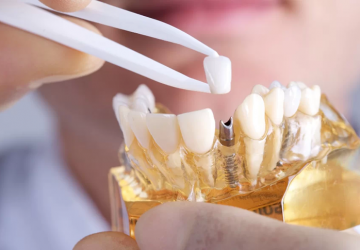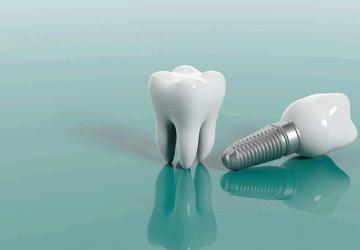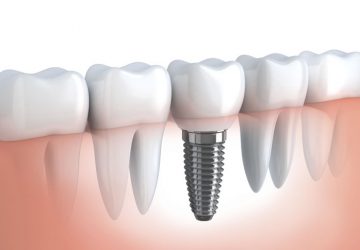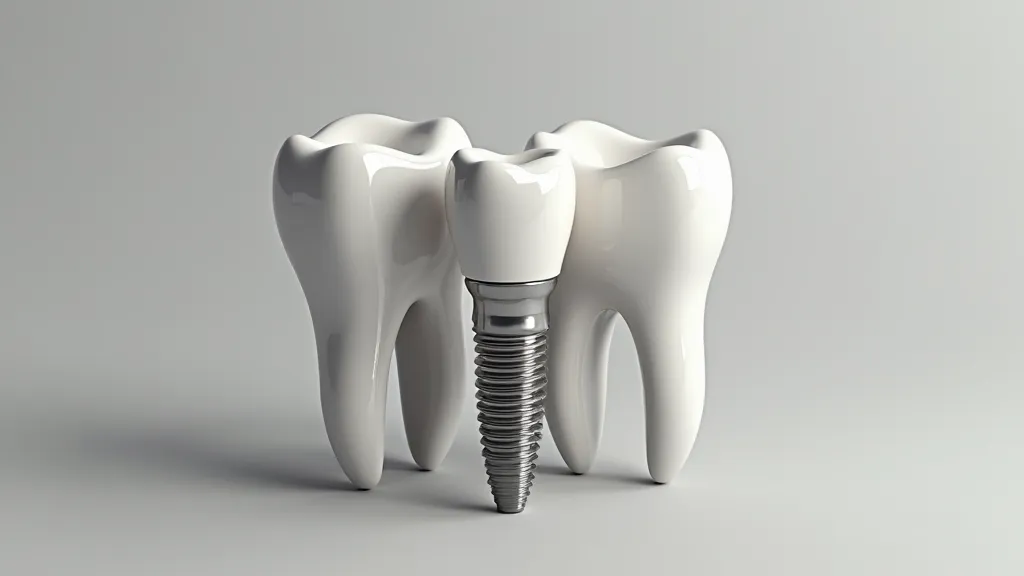Mastering Medicare: Your Insider's Guide to Navigating Dental Implant Coverage and Options
Undertaking the journey through the intricacies of health care plans for dental restorations can present a formidable challenge, particularly when individuals reach the threshold of eligibility for Medicare. Despite being the cornerstone health insurer for those aged 65 and over, along with certain younger individuals who possess disabilities, Medicare does not provide coverage for the majority of dental procedures, including the fitting of dental implants. Nevertheless, a thorough comprehension of Medicare's stance on dental implants is imperative for those considering this transformative dental solution.

Medicare's Exclusions on Dental ServicesThose enrolled in Original Medicare, comprising both Part A for hospital-related services and Part B for medical needs, are met with the reality that general dental care is not covered. This includes fundamental services like cleanings, cavity fillings, tooth removals, or the acquisition of dentures. Dental implants fall under this uninsured category, being largely deemed aesthetic despite their considerable function and the positive impact they could have on one's lifestyle.
The Superiority of Dental ImplantsWhen it comes to the hierarchy of tooth replacement alternatives, dental implants reign supreme. Their permanency sets them apart, offering a replacement that doesn't impinge on adjacent teeth and helps maintain jawbone integrity. For the age group typically covered by Medicare, opting for dental implants could mean a considerable enhancement in dental health, potentially improving their ability to eat a varied diet and overall quality of life.
Navigating Alternate Dental Implant Payment RoutesIn light of Original Medicare's constraints, individuals in pursuit of dental implant procedures are compelled to seek other avenues for financial coverage or support. Below are several pathways one might consider:
Charting the Course for Implant Financial PlanningUnderstanding the full array of fiscal strategies for affording dental implants is vital, despite the limited support from Medicare in its current form. Investigating and mapping out the financial landscape is key to overcoming the cost-prohibitive nature of these procedures. Assessment of the various Medicare Advantage Plans, the procurement of additional dental insurance, or the consideration of alternative financing options can all serve as workable approaches to alleviate the expenses associated with securing dental implants.
Final ReflectionsDespite the limitations imposed by conventional Medicare provisions on the path to obtaining dental implants, individuals are not without recourse. The essential nature of this dental intervention necessitates a comprehensive exploration of all available financial options. With diligent research and strategic financial planning, those dependent on Medicare can still fulfill their aspirations for better dental health. By delving into the specifics of Medicare Advantage Plans, seeking auxiliary dental insurance, or exploring distinctive financing mechanisms, proactive steps can be taken to acquire a healthier and more functional smile, all while circumventing the full extent of the costs involved.
-
1

Revolutionizing Smiles: The Breakthrough Innovations in Dental Implants Changing Oral Health Care Forever
-
2

Unveiling the Top Dental Implant Options for Seniors: Transform Your Smile with the Ultimate Guide to Restored Radiance
-
3

Understanding Dental Implants Costs and Financing
-
4

Discover the Key to a Dazzling Smile: Your Ultimate Handbook for Selecting the Ideal Tooth Replacement Option
-
5

Affordable Dental Implants Solutions Near You







